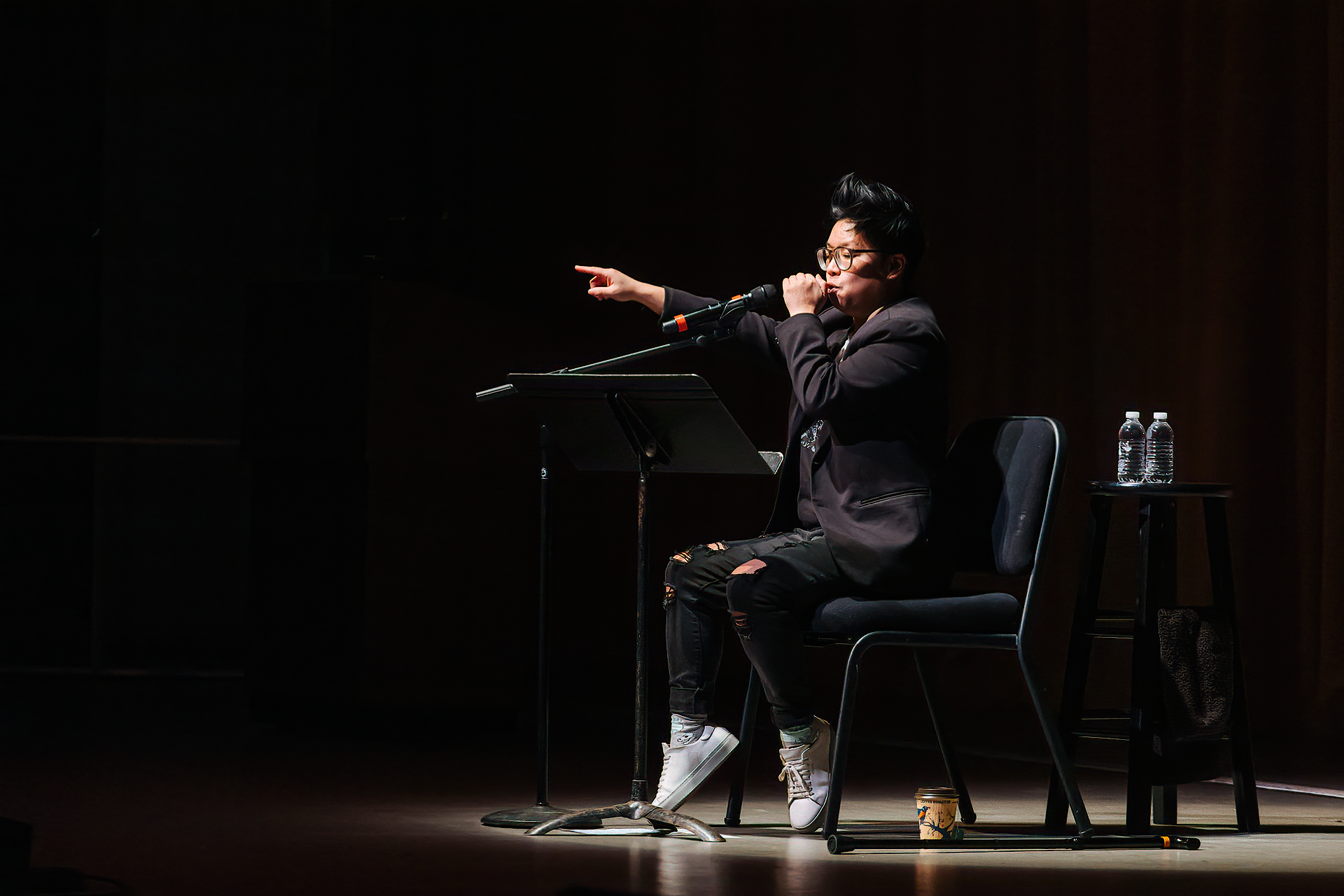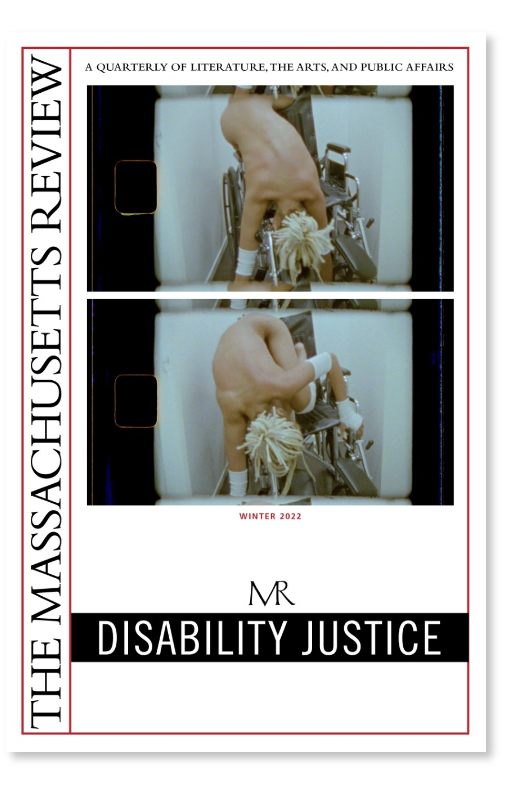Volume 63, Issue 4
Read Kay’s Poem directly here.
WHEN AUDRE LORDE was faced with the possibility of a new tumor in her liver in November 1986, she went to Barnes & Noble for more information. “In those hours in the stacks of Barnes & Noble, I felt myself shifting into another gear,” she writes in A Burst of Light. “My resolve strengthened as my panic lessened.” There were few first person accounts of living with cancer available to her, a fact that spurred her to publish The Cancer Journals in 1980. Any knowledge about her condition was mediated by doctors and scientists. These tomes were filled with medical fact—notorious for its coldness and lack of regard for the patient as an individual, as a human being in need of empathy during a frightening time.
In publishing The Cancer Journals and A Burst of Light, Lorde created a space for the patient to speak up, talk back, and represent themself to an audience of people who may or may not understand the situation at hand. The Cancer Journals would be followed by books from other poets who critically considered illness, such as Essex Hemphill’s Ceremonies and Constance Merritt’s Protocol for Touch. More recently, OwnVoices work like Keah Brown’s The Pretty One, Kay Ulanday Barrett’s When the Chant Comes, and Alice Wong’s Year of the Tiger would crystallize the arrival of a more defiant brand of sick and disabled literature.
— Cyrée Jarelle Johnson and Khairani Barokka for the editors, DISABILITY JUSTICE


